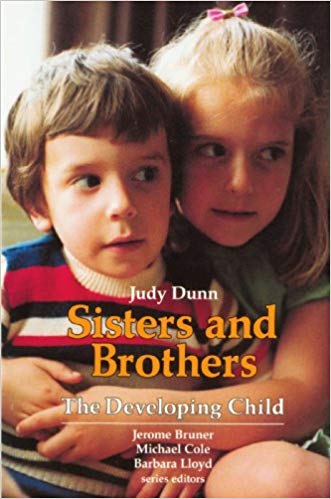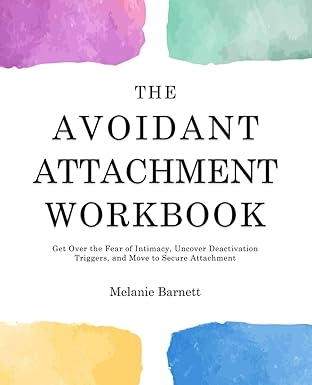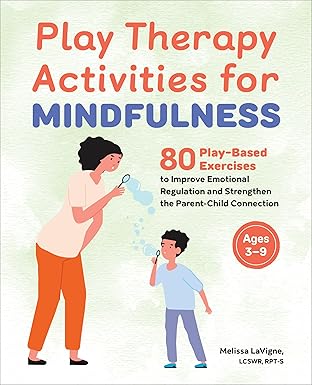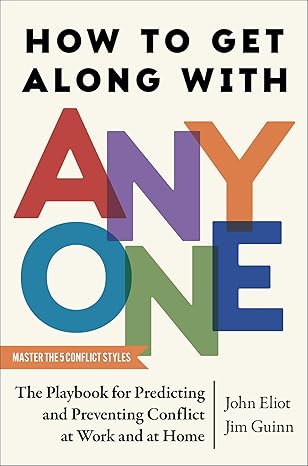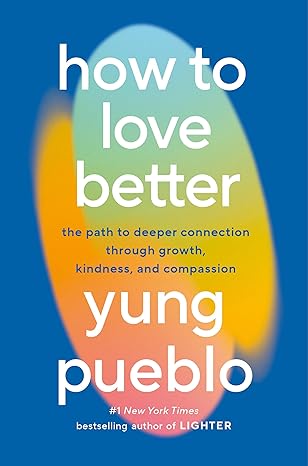The sibling relationship, as any parent with two or more children knows, is an extraordinarily intense one: young brothers and sisters love and hate, play and fight, tease and mock each other with a devastating lack of inhibition.
Why do some siblings get along harmoniously and affectionately, while others constantly squabble? To what extent are parents responsible for differences in siblings' personalities, and how can they ease the tensions?
In this timely and unusual glimpse into the world of the child, Judy Dunn argues that in fighting, bullying, or comforting, very young sisters and brothers possess a far deeper understanding of others than psychologists have supposed. She challenges the usual assumptions that birth order, age gap, and gender are the most crucial factors in explaining dramatic differences between siblings within a family, and suggests that siblings themselves have an important influence on each other's development. She shows that by studying children with their brothers and sisters, rather than in unfamiliar situations, we gain a new and illuminating picture of how growing up with siblings affects children's personalities, their intelligence, their ways of thinking and talking, and their perceptions of themselves, their families, and their friends.
Full of practical advice for coping with the daily trials of parenting two or more children, this warm and accessible book, based on new research, gives a fresh perception of a relationship which for many people lasts longer than any other in life.
چکیده فارسی
روابط خواهر و برادری، همانطور که هر والدینی با دو یا چند فرزند میدانند، رابطهای فوقالعاده شدید است: برادران و خواهران جوان دوست دارند و متنفرند، بازی میکنند و دعوا میکنند، یکدیگر را مسخره میکنند و با فقدان بازداری ویرانگری میکنند.
>
چرا برخی از خواهر و برادرها به طور هماهنگ و محبت آمیز با هم کنار می آیند، در حالی که برخی دیگر دائماً دعوا می کنند؟ والدین تا چه اندازه مسئول تفاوت های شخصیتی خواهر و برادر هستند و چگونه می توانند تنش ها را کاهش دهند؟
در این نگاه اجمالی به موقع و غیرمعمول به دنیای کودک، جودی دان استدلال می کند که در دعوا، قلدری یا آرامش، خواهران و برادران بسیار جوان درک بسیار عمیق تری از دیگران نسبت به آنچه که روانشناسان تصور می کنند دارند. او فرضیات معمولی را که ترتیب تولد، فاصله سنی و جنسیت مهمترین عوامل در توضیح تفاوتهای چشمگیر بین خواهر و برادر در خانواده هستند را به چالش میکشد و پیشنهاد میکند که خود خواهر و برادر تأثیر مهمی بر رشد یکدیگر دارند. او نشان میدهد که با مطالعه کودکان با برادران و خواهرانشان، به جای موقعیتهای ناآشنا، تصویری جدید و روشنکننده از این که چگونه بزرگشدن با خواهر و برادر بر شخصیت، هوش، طرز تفکر و گفتار کودکان، و ادراک آنها از خودشان تأثیر میگذارد به دست میآوریم. ، خانواده و دوستانشان.
این کتاب گرم و قابل دسترس، پر از توصیه های عملی برای کنار آمدن با آزمایشات روزانه والدین دو یا چند کودک، بر اساس تحقیقات جدید، درک تازه ای از رابطه ای را ارائه می دهد که برای بسیاری از افراد بیش از سایرین در زندگی دوام می آورد.
ادامه ...
بستن ...
